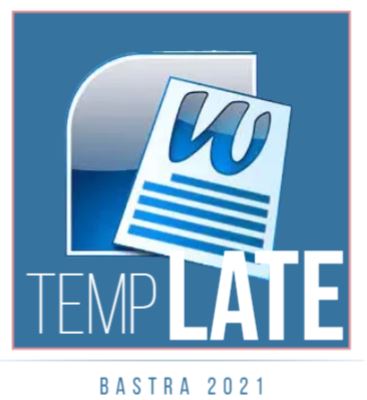MENINGKATKAN KETERAMPILAN BERBICARA BAHASA INDONESIA MELALUI PEMBELAJARAN “BERGANTI PERAN”
Keywords:
SBC, Indonesian, learning, skills, speakingAbstract
Unit Level Curriculum (SBC) suggested that the Indonesian language learning activities should be directed more towards activities that encourage students to learn actively, physically, socially and psychologically to understand the concept. Therefore, in the process of learning the Indonesian language using the methods teachers should make students do more activities realed to the learning process. With so many activities conducted, is expected to build a fun and enthusiasm learning process. Thus, understanding the concept, especially in terms of talk in the Indonesia language is getting better and learning outcomes also increased. This research aims to improve the ability to speak in class VII F SMP Negeri 1 Kalitengah using Role Reversal, with this method the student is given a group task, but individually still expected to be able to present the results of its work. This research was carried out in three cycles. With this strategy can increase their speaking skills. This is evident from the results of the evaluation (speech) made at the first cycle (66.86), second cycle (75.96), and the third cycle (81.14).
Downloads
Published
How to Cite
Issue
Section
License
Authors who publish with PENTAS agree to the following terms:
Authors retain copyright and grant the Engagement right of first publication with the work simultaneously licensed under a Creative Commons Attribution License (CC BY-SA 4.0) that allows others to share (copy and redistribute the material in any medium or format) and adapt (remix, transform, and build upon the material) the work for any purpose, even commercially with an acknowledgement of the work's authorship and initial publication in BASTRA.
Authors are able to enter into separate, additional contractual arrangements for the non-exclusive distribution of the journal's published version of the work (e.g., post it to an institutional repository or publish it in a book), with an acknowledgement of its initial publication in BASTRA.
Authors are permitted and encouraged to post their work online (e.g., in institutional repositories or on their website) prior to and during the submission process, as it can lead to productive exchanges, as well as earlier and greater citation of published work (See The Effect of Open Access).

This work is licensed under a Creative Commons Attribution-ShareAlike 4.0 International License.








